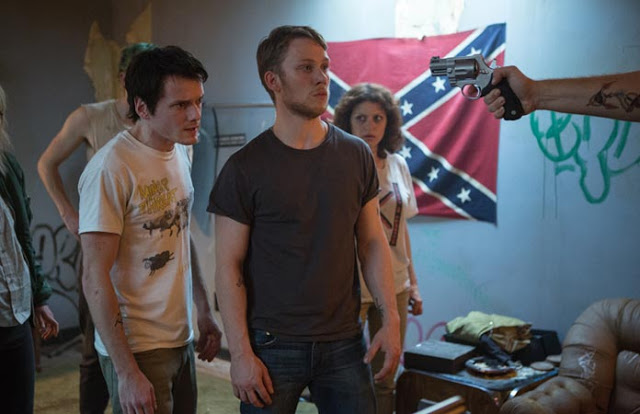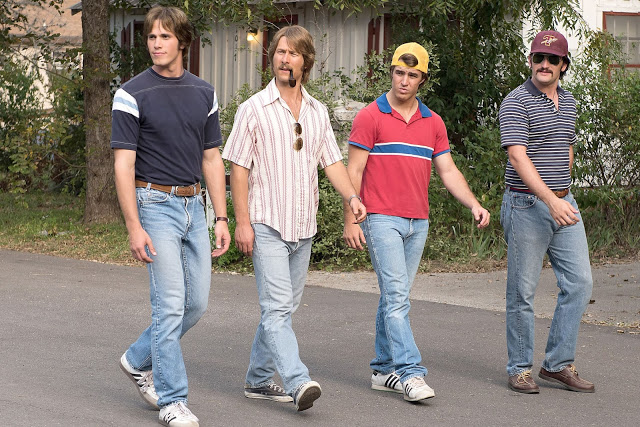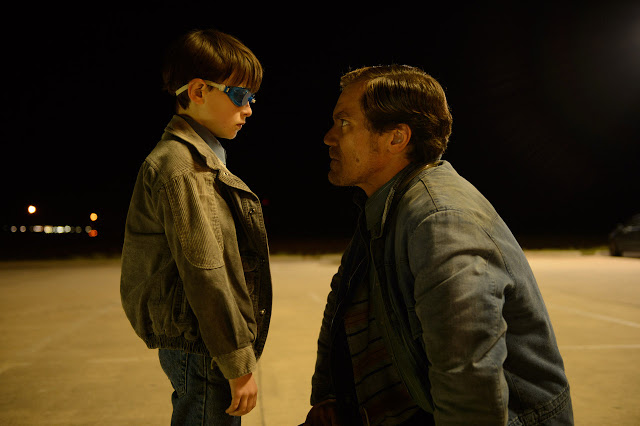Captain America: Civil War—Dissension in the Superhero Ranks
Early in Captain America: Civil War, a character called Vision (Paul Bettany) muses on his brethren’s tendency to antagonize. “Conflict breeds catastrophe,” he gloomily intones. Maybe so. But at the movies, conflict is the engine of drama. Yet while the Marvel Cinematic Universe comprises films that feature plenty of fighting, they’re largely lacking in genuine excitement. The Avengers sequel had its Whedonesque charms, but it ultimately amounted to a bunch of costumed warriors trading blows with an army of faceless flying robots. Ditto for Iron Man 3, except there, the robots were the good guys. Ant-Man was fitfully funny, but it was still an absurd movie about a dude who talked to bugs. Thor? Please.
The recent exception to this institutional lethargy—setting aside the terrific Guardians of the Galaxy, which was literally a universe removed from the rest of the MCU—was Captain America: The Winter Soldier. Directed by Anthony and Joe Russo, it was less a superhero movie than a paranoid thriller, and its stripped-down quality lent it a rare spark of intrigue. Now the Russos are back with Civil War, a far more unwieldy but no less thoughtful superhero extravaganza. Like all Marvel movies, it’s large and loud, with special effects and action sequences galore, but it nonetheless feels rooted in its characters rather than its gee-whiz battle scenes. Every comic-book film has combat; Civil War has actual conflict. Read More





